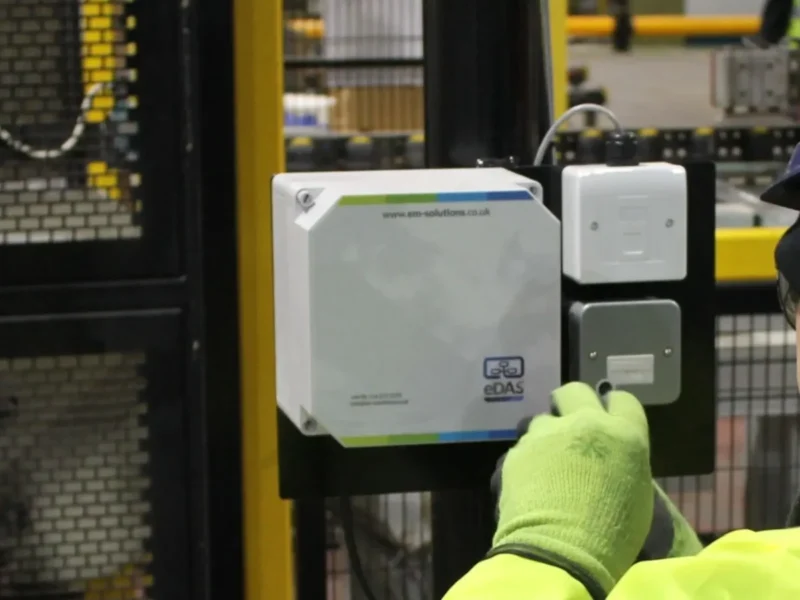Explore how water utilities can turn vast data streams into actionable insights—bridging the gap between being data-rich and information-poor in the journey toward smarter water management.
All companies monitor their environmental performance in one way or another; whether this is a compliance requirement of an Environmental Permit or effluent consent, part of your Environmental Management System or as part of environmental good practice. There is a variety of data that you might need to collect and analyse and reasons for doing so. The resolution, frequency and type of data that is collected will depend on legal obligations and the purpose of data collection.
If you have an Environmental Permit or effluent consent, minimum requirements for monitoring and measurement will be included. This will tell you what you need to monitor (water and/ or air emissions, waste quantities, production etc) and how often data should be collected. Your obligations may even go so far as to determine what equipment should be used, how it should be maintained and serviced and how long the data should be available for. As stated in your permit or consent, data must be collected frequently enough and correctly, analysed to check for compliance and recorded. These records must be accurate, legible and made available to the regulatory body if and when necessary, so it is very important to make sure you have a secure way of holding the relevant data.
In ISO14001 (the international standard for Environmental Management Systems), there is a clause that specifically deals with monitoring and measurement. In the 2004 version, this is clause 4.5.1 and in the new, 2015 standard, it is clause 9.1. Both of these clauses require you to monitor and measure against compliance obligations (i.e. what you legally must do) and against your stated environmental objectives to work towards continual improvement. Again, it is important that your methods are reliable and repeatable and that you keep appropriate records that are analysed for trends. These records must be accessible and auditable.
In addition to these requirements, you can monitor your environmental performance beyond or in addition to your obligations. This will be dependent on your company’s environmental goals. You may have introduced a new environmental initiative such as waste management and would like to demonstrate progress and cost savings. Or maybe you need to monitor certain things such as energy consumption or your carbon footprint for tender or customer requirements. You may also want to record non-compliances like errors on waste transfer notes to see if they can be reduced through things like better communication and training to help your company improve its legal compliance.
For the data you collect, your methodology, how you collect it, interpret it and record it is very important. There needs to be a reason for why you are collecting the data and you should be able to do something with it for example analyse it for trends or be able to demonstrate improvement. For some businesses, they have masses of data, everything from energy consumption to waste collections but when asked why they collect the data or how it is used, they sometimes are not sure. By having a clear purpose for your data collection, you can make sure you are collecting the right kind of data and that you won’t have any gaps when you come to report it.
The method of collection is also really important. Where applicable, the method will be stipulated in your permit. It may have requirements on the type of equipment, MCERTS stipulations and other parameters such as where samples are collected from and how they are stored. For other collection methods that don’t have such strict, legal requirements, it is still important that you follow a defined and documented methodology. This helps to make sure that data results are consistent and ensure accuracy over a period of time.
In terms of recording data, making sure records are accessible and legible is essential. There are a number of ways you can store your data but you need to make sure you can get to it when you need to, for example if a regulatory body asks for it. Storing all of your data in one place has obvious advantages, meaning you can effectively manage and control it in one place. You should also consider making a back up of your data in case anything happens to your primary records. This could be with an external company or over the internet.
Environmental data can be highly valuable for demonstrating legal compliance, continual improvement or cost savings. However, in order to get the best value from your data, it is really important to make sure your data collection has a clear purpose, repeatable methodology and a robust recording process so that you can use it in whatever way you need to.







